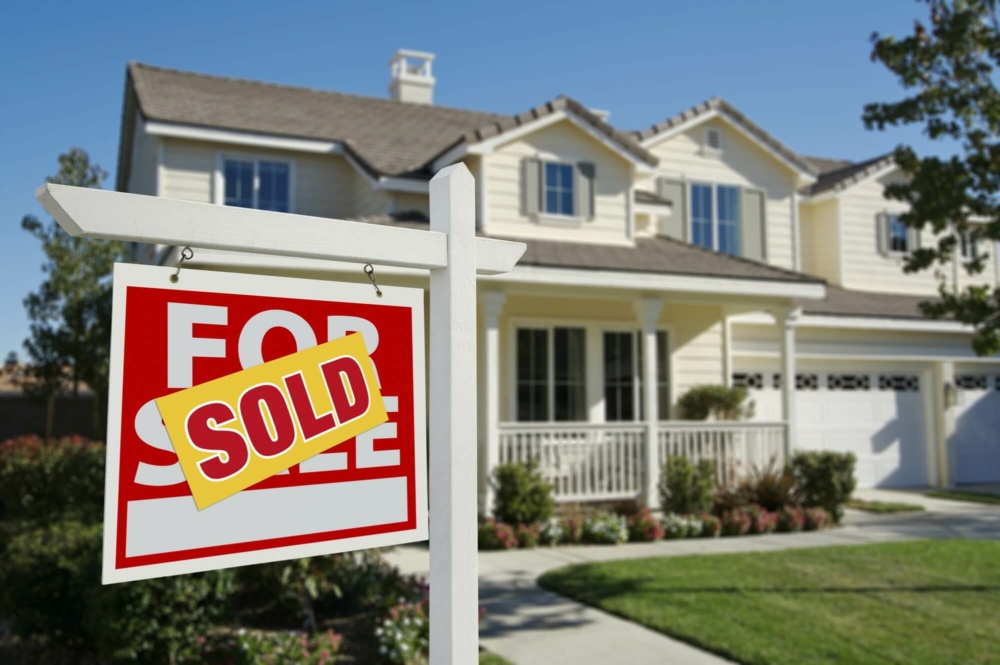Are you Planning to Sell your Property?
You may buy a house for various reasons, such as vacations, retirement homes, or rental income. Tax deductions help lessen the costs of owning a second home. It can be deductions on property taxes, mortgage interests, or rental expenses.
You can take advantage of these and more. However, you must understand the taxes accompanying your purchase.
Aside from taxes, owning a second home is difficult as well. You might struggle to find good renters or find the maintenance too costly. If it gets too much, you’ll end up reselling the home.
Even so, the worse part of the process remains the taxes. Read on because here’s what you need to know about selling a second home.
Real Estate Taxes
Most people are unaware of the taxes in both buying and selling a home. It can vary across states and counties because of their tax laws and rates. Their impact will also depend on your situation.
A home buyer often pays real estate excise taxes. They depend on the price of the property and are part of your closing costs.
If you’re financing your property through a mortgage loan, you will also pay an “intangible tax.” Aside from that, you’ll also get an annual property tax bill while you own the property.
Meanwhile, when selling a house, you’ll pay documentary stamps on the deed. The price will adjust according to the purchase price. Some states like New York can have an extra transfer tax and a “mansion tax.”
Capital Gains Tax
Another significant type of tax when selling a home is the capital gains tax. If you’re selling a personal residence, you’ll receive an extra penalty if you resell within two years of buying it.
Short-term capital gains taxes are usually at the same rate as your income taxes. Depending on your tax bracket, it can be as much as 40% of the profit.
It’s different if you’re selling a second home you owned for over a year. The taxable capital gains will be lower than your income tax. Depending on your income, long-term capital gains tax rates in 2021 can be 0%, 15%, or 20%.
Legal Workarounds to Capital Tax Gains
The good news is there are legal workarounds to avoid capital gains taxes. These are especially helpful if you’re in dire financial straits. However, there are strict guidelines you’ll need to follow.
Cut Your Net Profit
Let’s say you bought your second home for $200,000 and sold it for $300,000. You’ll think the taxable capital gain is $100,000. The truth is it isn’t always the case.
Capital gains tax on the sale of your second home applies to the net profit. It doesn’t apply to the difference in purchase price and sale price.
It means you can deduct the money you invested in renovating or repairing the second home from the profit. For example, you had a new roof installed for $10,000. Your taxable gain will decrease to $90,000.
You can also subtract costs related to the purchase and sale of the home. It includes realtor commissions, origination fees, inspections, or referral fees. See how referral fees work through the linked guide for more information.
For example, your acquisition fee to buy a home is $5,000. You then paid agent commissions and other fees, amounting to $20,000.
You can now remove $25,000 from your profit. Your taxable capital gain is now at $65,000.
Turn the Second Home Into Your Primary Residence
Capital gains are only taxable on the sale of a second home. What’s the difference between a second home and a primary residence?
You must live in a home for two years over the past five years to qualify as a primary residence. They don’t need to be consecutive.
For instance, you lived in a house for 18 months when you first bought it. It means you only have to live in the house for six more months for it to qualify as your primary residence. It’s assuming the five-year period didn’t pass yet.
There may be drawbacks to living in your second home for extended periods. It can be the location since it affects the cost of living expenses. If you can work with it, you’ll save a lot of money on taxes.
Finance It to a Buyer
Another workaround is selling a second home using some type of installment contract. It’s workable if you don’t immediately need the entire profit from the property sale.
Examples can be selling the home as a rent-to-own, lease option, or land contract deal. You can get an upfront partial downpayment in cash. The rest will come as monthly payments.
You can also agree with buyers to cash you out within three years. It’s when you get a lower tax burden. The good news is a lot of aspiring homeowners are easy to deal with.
Try a 1031 Exchange
You can get another tax break if you use the profits to reinvest in another property. If you don’t need the money immediately, you can buy another second home. In the industry, this strategy is the 1031 exchange.
When it happens, you won’t have to pay taxes on the sales profits. However, there are some conditions to ensure the process goes smoothly.
You can’t touch the proceeds from the sale. It must go straight to an escrow account. You’ll have 45 days from the sale to find another property.
You also have 180 days from the date of sale to close another property sale.
Know the Taxes When Selling a Second Home
Whether you’re buying or selling a house, you’ll pay the appropriate taxes. When selling a second home, you’ll pay the capital gains tax. It can take as much as 40% of the profit depending on your conditions.
However, there are legal ways to avoid a capital gains tax. Consider the methods listed above. If you can work with them, you can save a lot of money.
Did you find this article helpful? Check out our other guides here!







Recent Comments